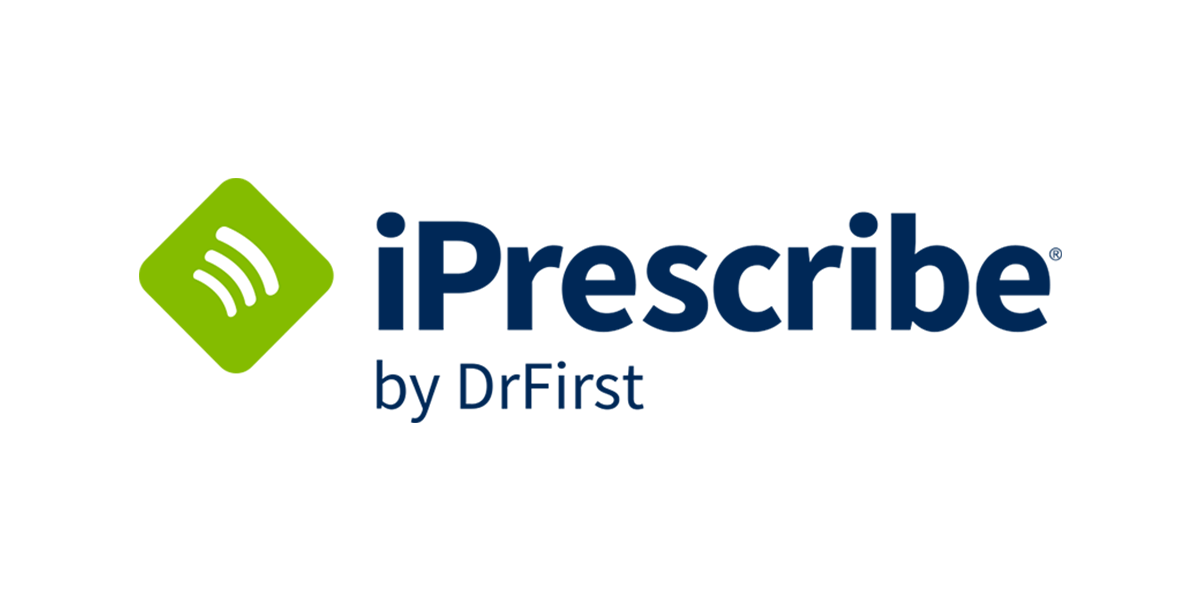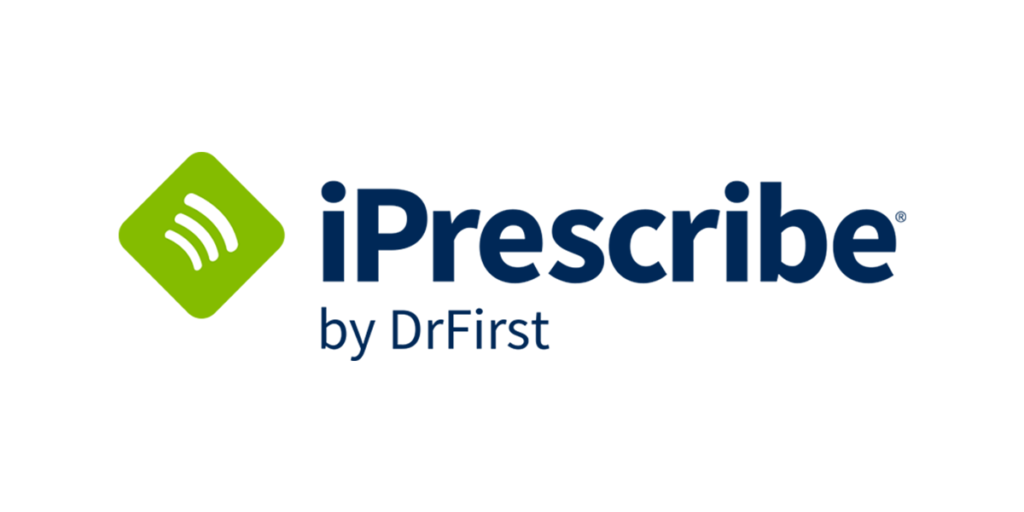Integrated workflows ease staff burden and satisfy regulatory mandates.
DrFirst Survey: Americans Think They Know Whether or Not They Are Prescribed an Opioid, But They’re Wrong


August 20, 2020
DrFirst Survey: Americans Think They Know Whether or Not They Are Prescribed an Opioid, But They’re Wrong
Study Also Reveals That Only a Quarter of Those Taking Opioids Store Them Properly
Rockville, MD – August 20, 2020 – In the midst of the war against opioid addiction, most Americans don’t recognize if they are prescribed an opioid, according to a new survey by health technology pioneer DrFirst.
The survey of more than 1,000 U.S. adults—which looked at Americans’ opinions, knowledge, and usage of opioid-containing medications—discovered that almost a quarter of Americans had been prescribed an opioid in the past 12 months. Additionally, 84% of Americans said they didn’t fill one or more prescription(s) in the past 12 months, and 21% of them said the unfilled prescription(s) were for opioid medications.
Americans Aren’t Sure What’s an Opioid and What’s Not
The survey reveals a significant lack of understanding about opioids. While more than three-quarters (76%) of Americans think they know whether or not they are prescribed an opioid, only 22% of them could successfully identify seven commonly prescribed opioids. The following medications were misidentified as not containing opioids:
- Tramadol (44%)
- Hydromorphone (32%)
- Morphine sulfate (27%)
- Methadone (27%)
- Hydrocodone (23%)
- Fentanyl (22%)
- Oxycodone (15%)
Additionally, Americans also misidentified many non-opioid medications as containing opioids, including:
- Hydrocortisone (31%)
- Hyaluronic acid (23%)
- Omeprazole (33%)
- Oxymetolazine (56%)
- Oxytocin (73%)
- Trazodone (46%)
Most Americans Are Not Storing Opioids Safely
Many of those surveyed take the threat of opioid addiction seriously. Of those with children, 65% say they’ve spoken to their kids about the dangers of opioid abuse. While more than 20% of Americans say they were prescribed an opioid in the past 12 months, fewer than a quarter (23%) of them report storing it in a locked cabinet, as recommended by safety experts. Others say they keep them:
- In a nightstand table (14%)
- On the kitchen table (13%)
- In a bathroom cabinet (13%)
- In a purse or backpack (10%)
- On a bathroom counter (10%)
“American consumers have some significant and dangerous misunderstandings about which medicines contain opioids,” said Colin Banas, M.D., VP of clinical product solutions for DrFirst. “This is concerning because patients need to know if they are prescribed an opioid so they can use and store it safely. It should be a wake-up call to physicians and pharmacists, who should not assume their patients know this information,” he added. DrFirst’s iPrescribe can help, according to Banas. “When a doctor uses iPrescribe, patients receive confirmation messages that will alert them if their medicine contains an opioid and includes a link to educational information.”
The company’s award-winning iPrescribe mobile app allows doctors to easily write electronic prescriptions anywhere anytime. The app is simple to use and offers premiere features, including real-time access to patients’ medication histories, benefits, and copay information; alerts for drug interactions and allergies; and a Patient Finder tool that pre-populates the app with relevant data. iPrescribe can be used as a supplement to clinicians’ EHR and EMR systems to easily e-prescribe wherever they are, even if they are away from their offices and don’t have convenient access to these systems.
Methodology
A national online survey of 1,002 U.S. consumers, ages 18+, was conducted by Propeller Insights on behalf of DrFirst, between June 16 and June 19, 2020, with a maximum margin of sampling error of +/- 3 percentage points at a 95 percent level of confidence.
About DrFirst
Since 2000, DrFirst has pioneered healthcare technology solutions and consulting services that securely connect people at touchpoints of care to improve patient outcomes. We create unconventional solutions that solve care collaboration, medication management, price transparency, and adherence challenges faced in healthcare. We unite the Healthiverse—the interconnected healthcare universe—by providing our clients with real-time access to the information they need, exactly when and how they need it, so patients get the best care possible. DrFirst solutions are used by nearly 300,000 healthcare professionals, including more than 100,000 prescribers, nearly half of the EHRs in the U.S., and more than 1,400 hospitals in the U.S. and Canada. To learn more, visit www.DrFirst.com or follow @DrFirst.
# # #
Contact:
Alessandra Nagy, alessandra@bospar.com

